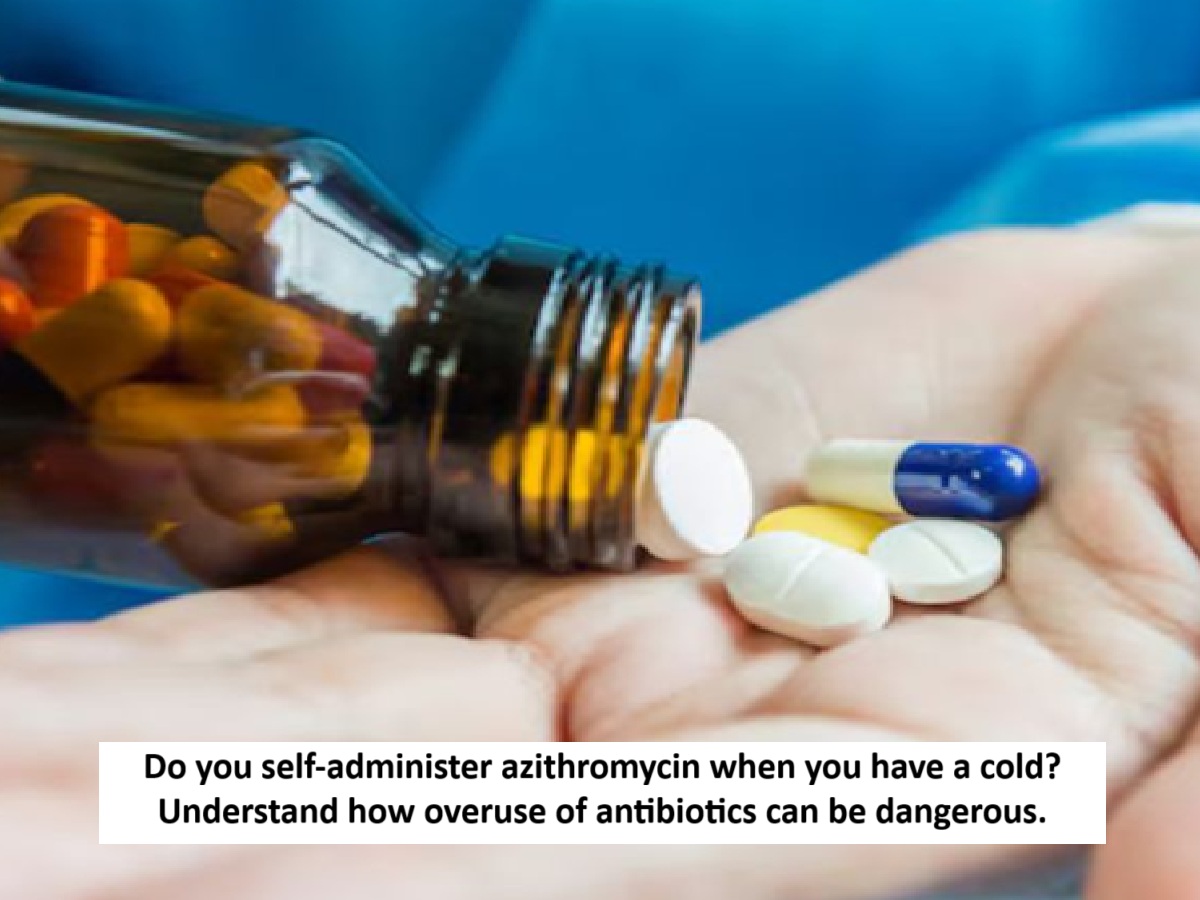
News Topical, Digital Desk : India and much of the world today is grappling with a serious problem called antimicrobial resistance (AMR). This is a condition in which bacteria develop resistance to drugs and become ineffective against common antibiotics.
The direct cause of this is the use of antibiotics without need or without consulting a doctor. Antibiotic misuse is rampant in India. People often purchase antibiotics from chemists for mild colds or allergies. Sometimes, antibiotics aren't even needed for these conditions, but people still take them without consulting a doctor.
Today, this problem has become so widespread that both the World Health Organization (WHO) and a recently published Lancet study have issued specific warnings about the misuse of antibiotics in India (antimicrobial resistance in India). From hospitals to general medical stores, misuse of antibiotics is leading to the rapid spread of superbugs, which are resistant to standard antibiotics.
Which antibiotics are most commonly used in India?
Three antibiotics are being used the most in India, often incorrectly.
- Azithromycin— often prescribed immediately for coughs, colds, and throat infections, which are mostly viral—has also been rampantly used during COVID-19, exacerbating the problem.
- Amoxicillin – This antibiotic is also found in every other prescription. From toothaches to mild fevers, it's often prescribed for conditions where it's not needed.
- Ofloxacin – This medication belongs to the fluoroquinolone group and is readily available without a prescription. Its excessive and misuse for diarrhea and urinary infections is making bacteria stronger.
Overuse of these drugs creates "selection pressure" on bacteria. Weak bacteria die, but some bacteria develop resistance. These superbugs can eventually cause serious infections that the drugs no longer work against.
Why is AMR dangerous?
- Common infections become difficult to treat.
- Treatment in hospitals becomes long and expensive.
- In serious cases, the patient's life may also be at risk, because the options for medicines become limited.
How to prevent it?
- Never take antibiotics without consulting a doctor.
- Colds, coughs, and fevers aren't always bacterial. Only a doctor can determine whether antibiotics are needed.
- Complete the entire course of medication. If you stop treatment midway, the bacteria will not be completely killed and will quickly become resistant.
- Do not take leftover medicine. The dosage and type of medicine are different for each patient.
- Don't buy antibiotics from a pharmacy without a prescription. The biggest reason is that they're available over-the-counter.
- Pay attention to cleanliness and hygiene. Washing hands, drinking clean water, and adopting healthy habits reduce the risk of infection, which in turn reduces the need for medication.
--Advertisement--

 Share
Share



